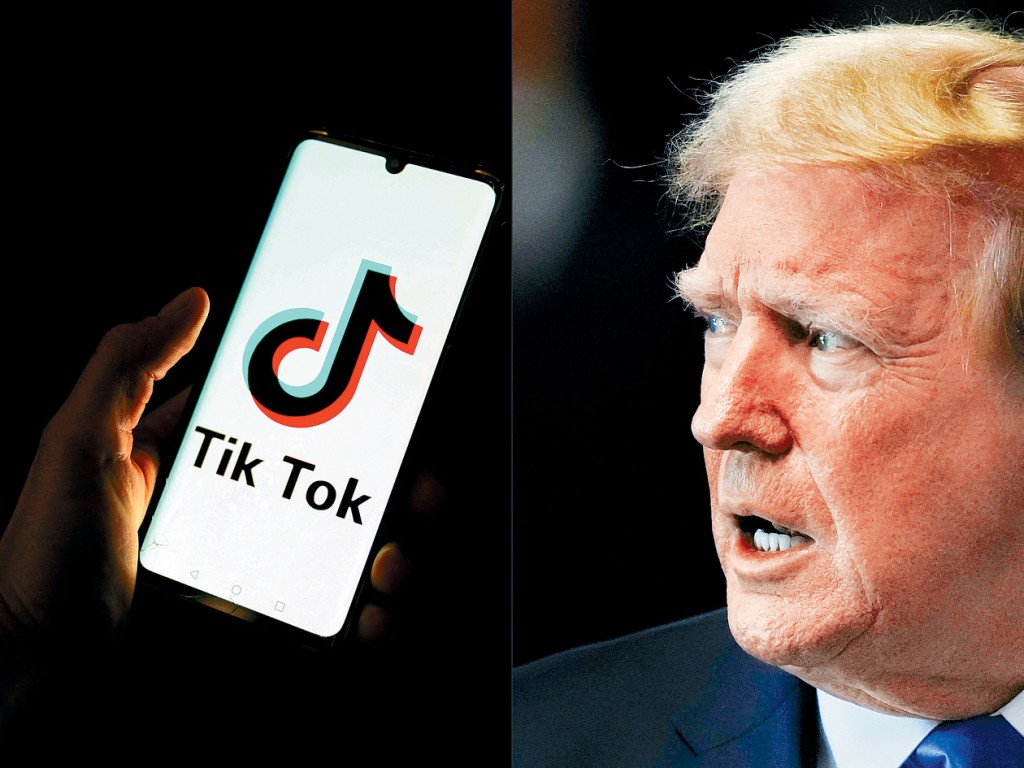Recently, a noteworthy legal tug-of-war has unfolded on the American political stage, with the fate of TikTok in the United States at its center. According to U.S. media reports, President-elect Trump has petitioned the U.S. Supreme Court to suspend the enforcement of TikTok’s forced sale order. Trump has expressed his desire for the court to grant him time to resolve this dispute through political means after his inauguration on January 20th.
Trump’s request comes against the backdrop of TikTok facing a “sell or ban” act. The act, signed by President Biden in April 2024, requires TikTok’s parent company, ByteDance, to sell TikTok to a non-Chinese enterprise within 270 days, or the app will be banned in the United States. This act was passed based on concerns that TikTok might share U.S. user data with China, thereby threatening U.S. national security.
However, TikTok has been firmly resistant to this act. On December 16th, TikTok urgently requested the U.S. Federal Supreme Court to temporarily freeze the U.S. government’s forced sale order against the platform. TikTok’s lawyers pointed out that this order not only violates its constitutional rights but also infringes upon the rights of 170 million U.S. users. In a statement posted on its social media account, TikTok said that if the forced sale order is not frozen, small businesses on TikTok will lose more than $1 billion in revenue within a month, and creators will lose nearly $300 million.
Trump’s request shows his support for TikTok’s continued operation in the United States. In his speech, he mentioned that during the presidential campaign, his videos on TikTok garnered billions of views. Trump’s position resonates with some American citizens and politicians who believe that the TikTok ban infringes upon freedom of speech rights and could cause economic losses to U.S. users and businesses.
The U.S. Supreme Court has announced that it will hold oral arguments on January 10, 2025, regarding the act banning TikTok’s operation in the United States, focusing on whether the “Act to Protect Americans from Foreign Adversaries Controlling Applications” passed by Congress in March violates the U.S. Constitution’s First Amendment. This debate will be a crucial battle for TikTok to save itself through legal means.
While Trump’s request shows his support for TikTok, experts believe it does not have legal force, as the President of the United States cannot directly order the Supreme Court to make a ruling, especially since Trump has not officially taken office yet. Moreover, Trump’s motives are hard to fathom, as his attitude towards TikTok has always been ambiguous. Nevertheless, Trump’s action undoubtedly adds new variables to TikTok’s future in the United States.

